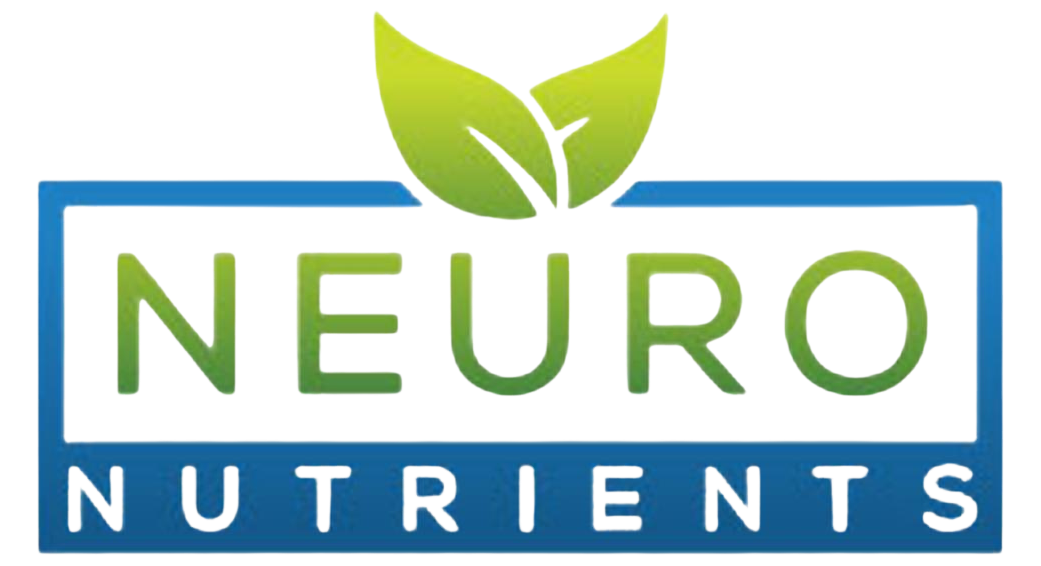Third grade is one of those milestones of childhood were I see parents struggle a lot. All of a sudden their inattentive and hyperactive child becomes a problem in the classroom, falling behind, and the teacher (unofficially of course) starts telling the parents they need to medicate their child so that they are not a disruption to other students. Parents struggle through parent teacher conferences, attempt to get school accommodations, and wrestling with the question, “do we medicate our child”?
I know this struggle, I’ve been there as a parent myself. On the one hand, you want your child to be successful, be able to sit still, not be impulsive, and learn alongside other students. You also do not want them to start hearing that negative and repetitive feedback… “Jack sit sill. Jack, where is your homework? Jack, please stop interrupting. Jack please stop talking. Jack you’re in trouble…. again”. The constant corrections, discipline, and re-direction becomes wearing on the child, and then their self esteem. They can start to feel marginalized, singled out, and just incapable of meeting up to the teachers (and/or parents) standards. As parents, the last thing we want our children to feel is “less than”, but unfortunately, when ADHD is moderate or severe, this is the message a lot of them start to internalize.
As a functional medicine provider I HIGHLY encourage parents to stop there, and evaluate things that are common (and evidence-based, we have plenty of studies to prove it) in this population to be deficient. ADHD kids are known to be deficient in PUFAs (omegas), methylated B vitamins (methyl folate, B12), B6, iron, magnesium, zinc, and carnitine. YET, we do not look for these before we start treatment on drugs, which I sincerely believe is a disservice to these young children. Let me be clear, evaluation, and replacing these things (if they are deficient) should be your first stop. And remember, replacing nutrients to treat a condition takes 3-4 weeks to see an effect, but sometimes up to 3 months.
If you have to move on to drugs, here are your choices; stimulates, non stimulates, and things that are neither, but can change your brain chemistry to support attention and focus. Stimulants include drugs like Vyvanse, Ritalin, Daytrana, Focalin, and so on. Non stimulants are drugs such as Clonidine and Guanfacine, and then other things that don’t necessary fit nicely into those categories such as Qelbree, Amantadine, and Straterra. That’s a lot of choices and I can see how parents would be super overwhelmed in knowing where to start.
In my practice I don’t prescribe stimulants. Its not that I’m 100% against them (a small percentage of kids seem to do ok on them)… but they are highly controlled by the DEA, and I rather do anything else than put a child on them, so the hoops I would need to jump through to prescribe them are just not worth it to me. Stimulants can have side effects that change a child's mood, and not in a positive way. They can get irritable, sleep less, stop eating or become very selective about food, develop motor or vocal tics, become agitated, depressed, and irritable. Not to mention there is research to suggest if your put on a stimulant when your young, you are more like to have basal ganglia and cerebellum diseases between ages 21-49 (8.6x). What I have also observed throughout my career is a percentage of teenagers on stimulants will complain they don't like the way they make them feel. Unfortunately a subset of those teens will give away, or sell their stimulants to other kids to get high. I opt out… of all of that. As a parent, and as a provider. No thank you, I would rather find another path that does not carry so many risks.
So what do we do with that vulnerable third grade boy that needs help with his attention and focus? I would first evaluate him and make sure I have eradicated any potential sources of inflammation in his body, balance known nutritional deficiencies known in children with ADHD, support their methylation, and give that plan at least 1-2 months to see if it will be effective. If they are still struggling, I would then consider a pharmaceutical, but I would not start with a stimulant, which is opposite of what we are taught in our allopathic education. Stimulations are first line drugs for ADHD… but I challenge that, and after hearing me out, I hope that you do as well. I have seen child after child get better without stimulants, and move on to be a happier, healthier, and more focused versions of themselves.
With hope for a more focused and happy future,
Dr. Emily Gutierrez, DNP, C-PNP, IFMCP, PMHS, CCN
Doctor of Nurse Practice, Certified Pediatric Nurse Practitioner, Institute of Functional Medicine Certified Practitioner, Certified Primary Care Mental Health Specialist, and Certified Clinical Nutritionist
Peer Reviewed Clinical References:
Curtin K, Fleckenstein AE, Keeshin BR, Yurgelun-Todd DA, Renshaw PF, Smith KR, Hanson GR. Increased risk of diseases of the basal ganglia and cerebellum in patients with a history of attention-deficit/hyperactivity disorder. Neuropsychopharmacology. 2018 Dec;43(13):2548-2555. doi: 10.1038/s41386-018-0207-5. Epub 2018 Sep 12. PMID: 30209407; PMCID: PMC6224615.
Mousain-Bosc M., Roche M., Polge A., Pradal-Prat D., Rapin J., Bali J.-P. Improvement of neurobehavioral disorders in children supplemented with magnesium-vitamin B6. I. Attention deficit hyperactivity disorders. Magnesium Research. 2006;19(1):46–52.
Dolina S, Margalit D, Malitsky S, Rabinkov A. Attention-deficit hyperactivity disorder (ADHD) as a pyridoxine-dependent condition: urinary diagnostic biomarkers. Med Hypotheses. 2014;82(1):111-116. doi:10.1016/j.mehy.2013.11.018
Hemamy, M., Pahlavani, N., Amanollahi, A. et al. The effect of vitamin D and magnesium supplementation on the mental health status of attention-deficit hyperactive children: a randomized controlled trial. BMC Pediatr 21, 178 (2021). https://doi.org/10.1186/s12887-021-02631-1
Slutsky I, Abumaria N, Wu LJ, Huang C, Zhang L, Li B, Zhao X, Govindarajan A, Zhao MG, Zhuo M, Tonegawa S, Liu G. Enhancement of learning and memory by elevating brain magnesium. Neuron. 2010 Jan 28;65(2):165-77. doi: 10.1016/j.neuron.2009.12.026. PMID: 20152124.
Akhondzadeh S., Mohammadi M.-R., Khademi M. Zinc sulfate as an adjunct to methylphenidate for the treatment of attention deficit hyperactivity disorder in children: a double blind and randomized trial [ISRCTN64132371] BMC Psychiatry. 2004;4, article 9 doi: 10.1186/1471-244x-4-9
Arnold LE, Disilvestro RA, Bozzolo D, et al. Zinc for attention-deficit/hyperactivity disorder: placebo-controlled double-blind pilot trial alone and combined with amphetamine. J Child Adolesc Psychopharmacol. 2011;21(1):1-19. doi:10.1089/cap.2010.0073
Ghoreishy, S.M., Ebrahimi Mousavi, S., Asoudeh, F. et al. Zinc status in attention-deficit/hyperactivity disorder: a systematic review and meta-analysis of observational studies. Sci Rep 11, 14612 (2021). https://doi.org/10.1038/s41598-021-94124-5
Bilici M, Yildirim F, Kandil S, Bekaroğlu M, Yildirmiş S, Değer O, Ulgen M, Yildiran A, Aksu H. Double-blind, placebo-controlled study of zinc sulfate in the treatment of attention deficit hyperactivity disorder. Prog Neuropsychopharmacol Biol Psychiatry. 2004 Jan;28(1):181-90. doi: 10.1016/j.pnpbp.2003.09.034. PMID: 14687872.
Saha T, Chatterjee M, Verma D, Ray A, Sinha S, Rajamma U, Mukhopadhyay K. Genetic variants of the folate metabolic system and mild hyperhomocysteinemia may affect ADHD associated behavioral problems. Prog Neuropsychopharmacol Biol Psychiatry. 2018 Jun 8;84(Pt A):1-10. doi: 10.1016/j.pnpbp.2018.01.016. Epub 2018 Jan 31. PMID: 29407547.
Hustad S, Schneede J, Ueland PM. Riboflavin and Methylenetetrahydrofolate Reductase. Landes Bioscience; 2000-2013. Available from: https://www.ncbi.nlm.nih.gov/books/NBK6145/
Neumann, Al, et al. Association Between DNA Methylation and ADHD Symptoms From Birth To School Age: A Prospective Meta- Analysis. 2020, Translational Psychiatry, Volume 10, number 398

